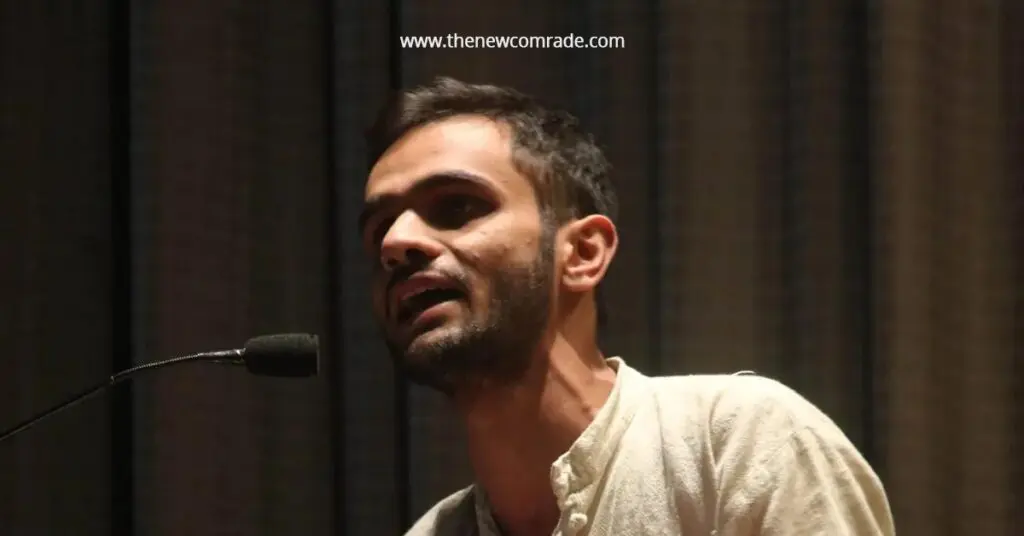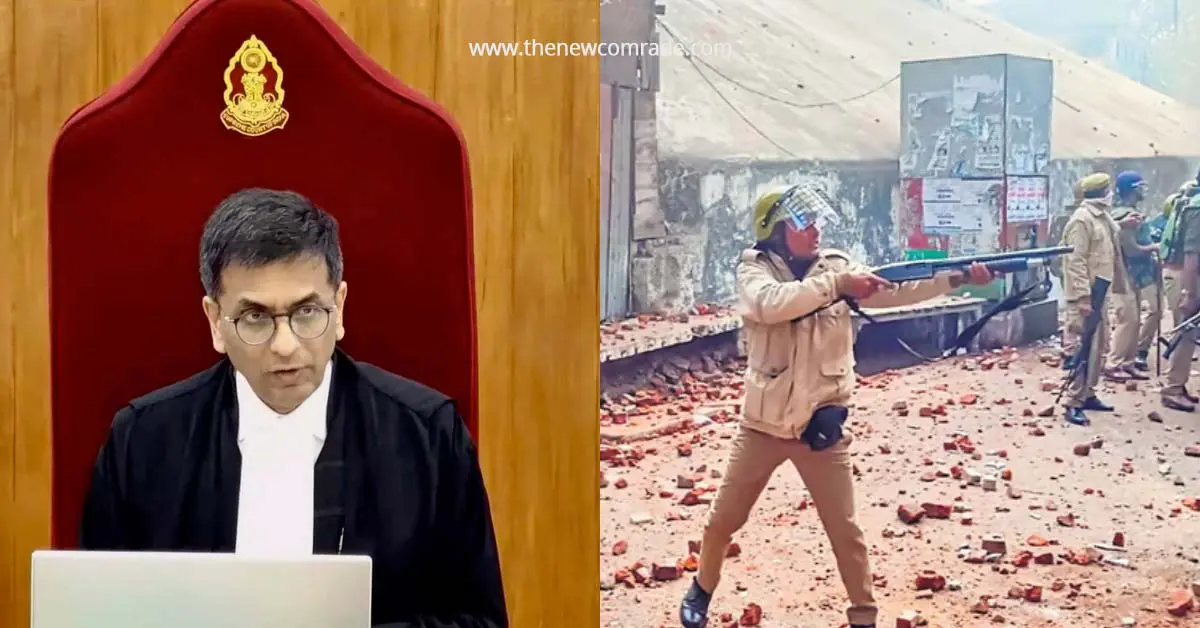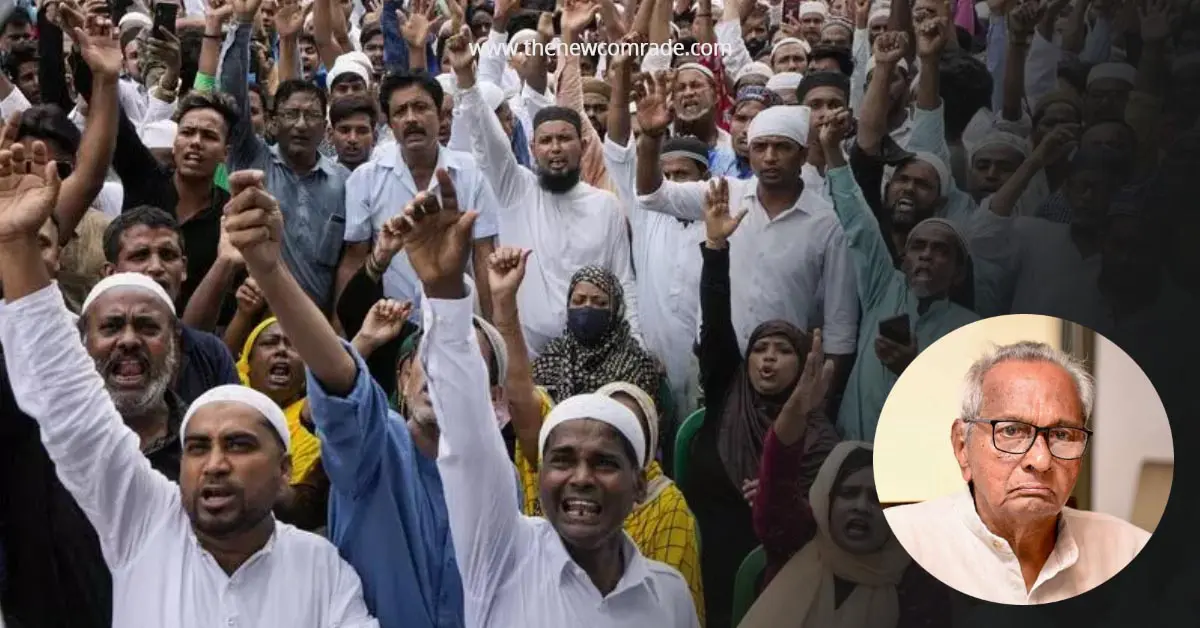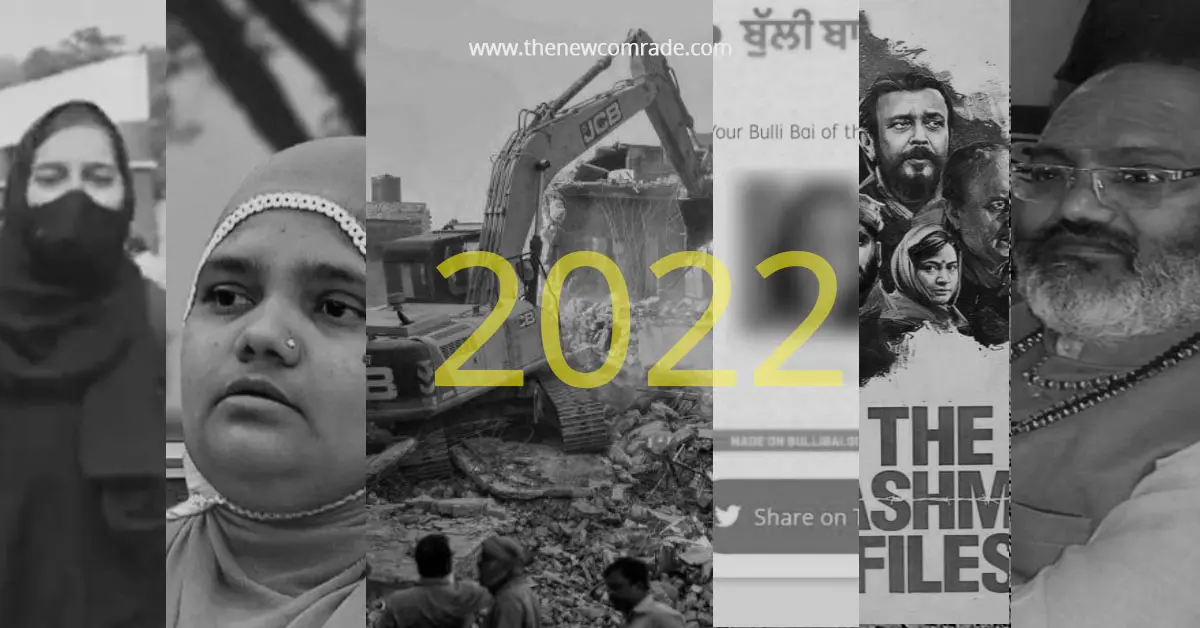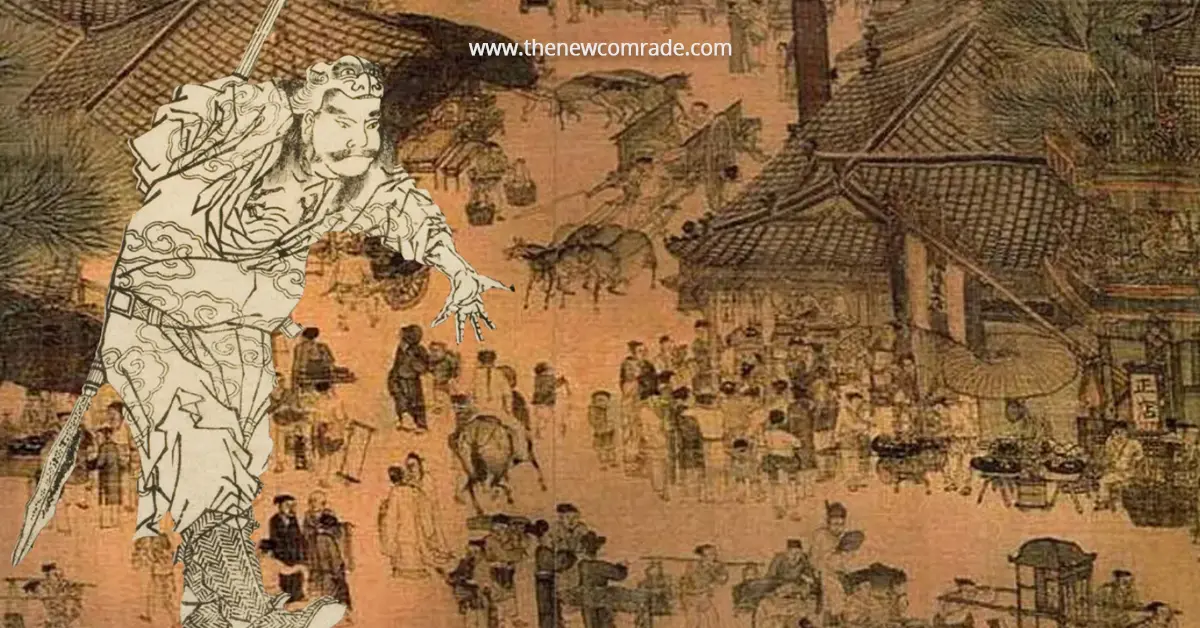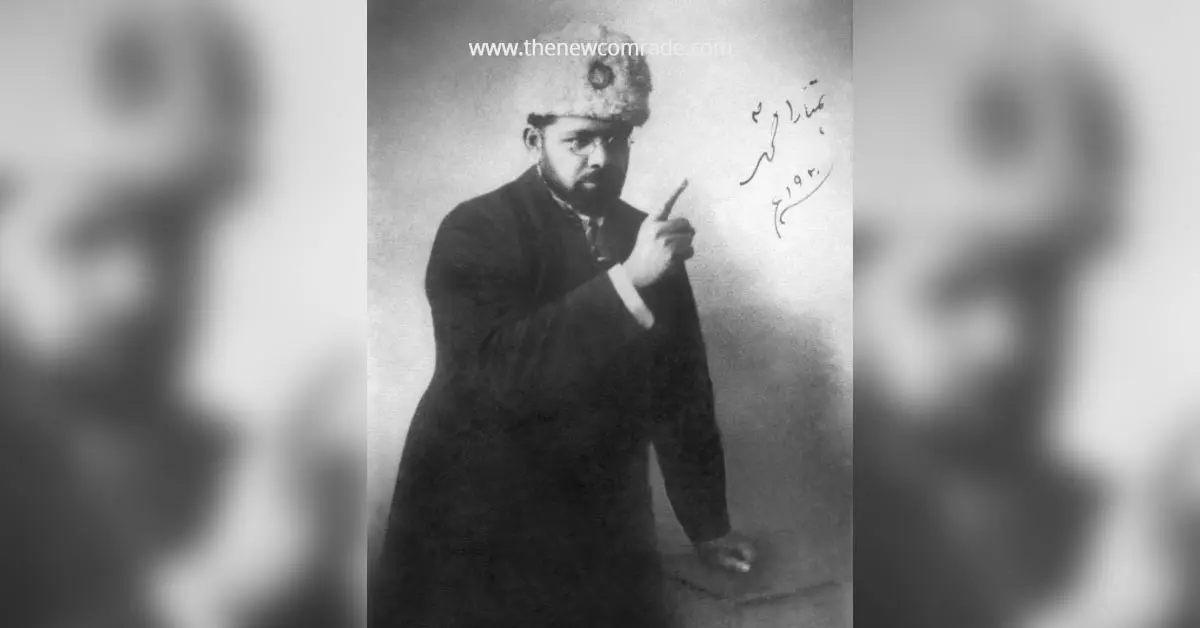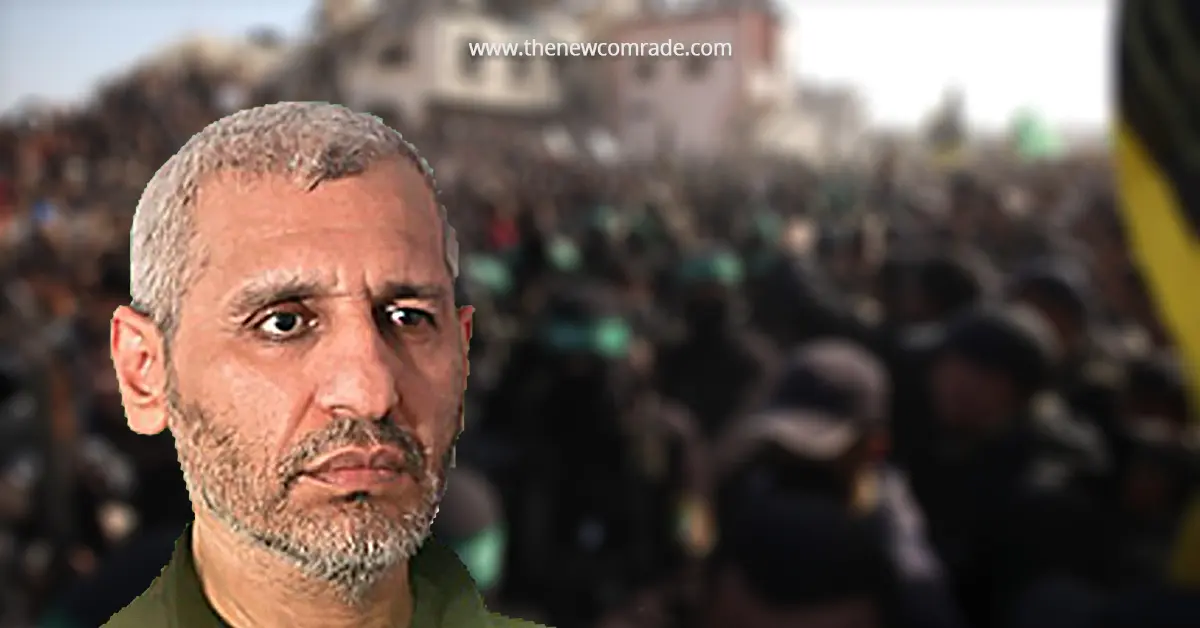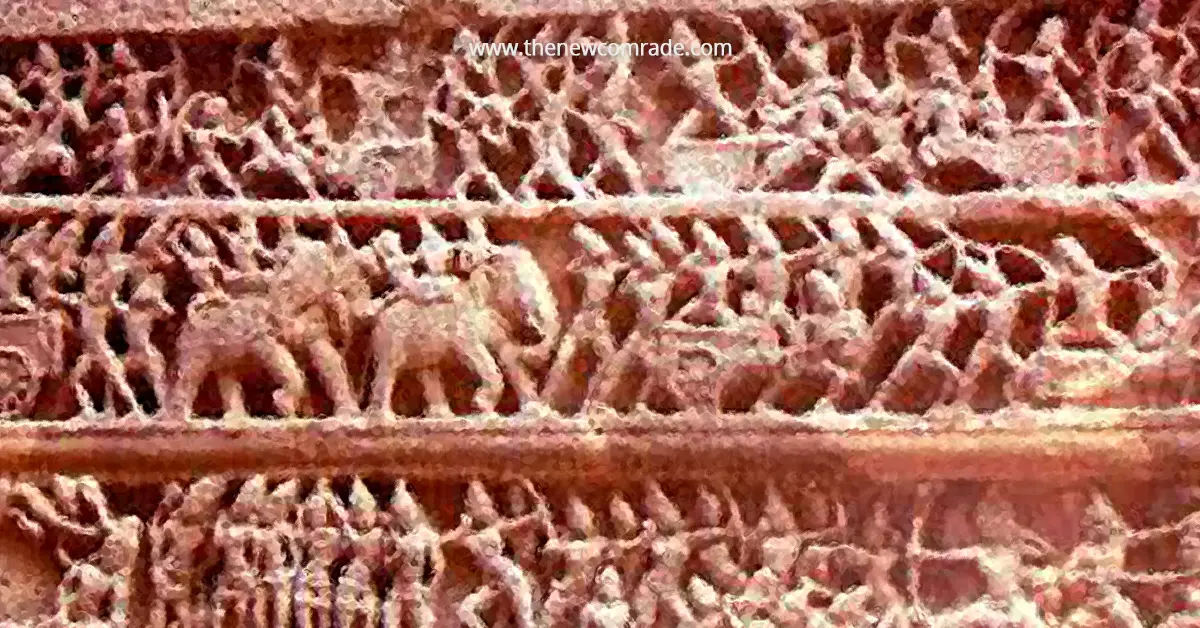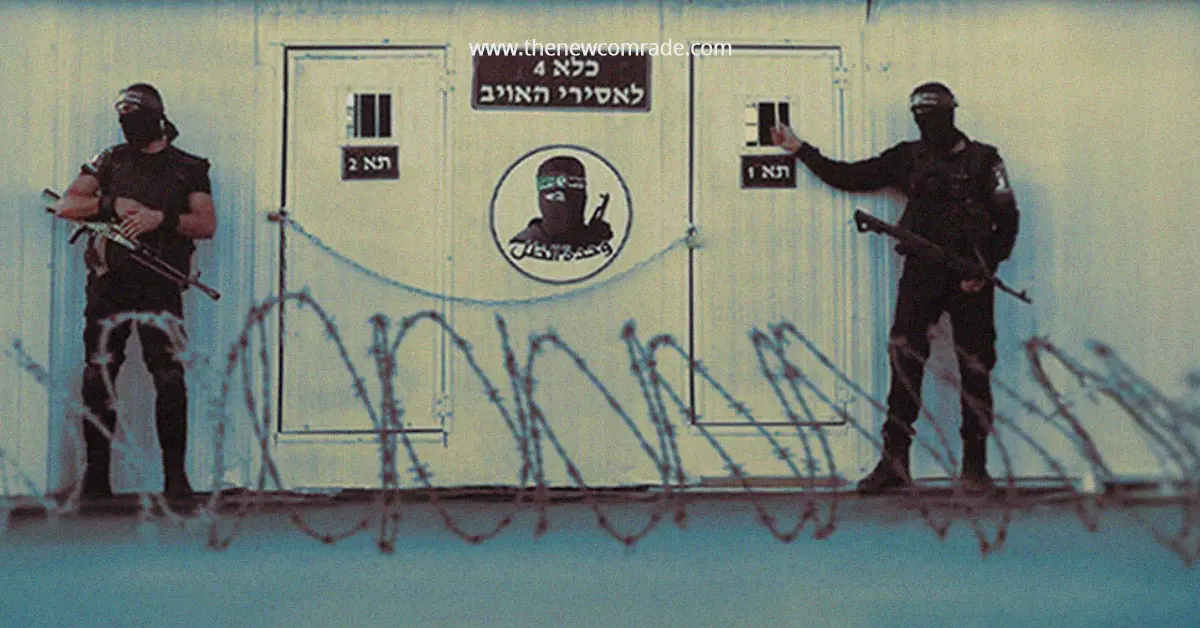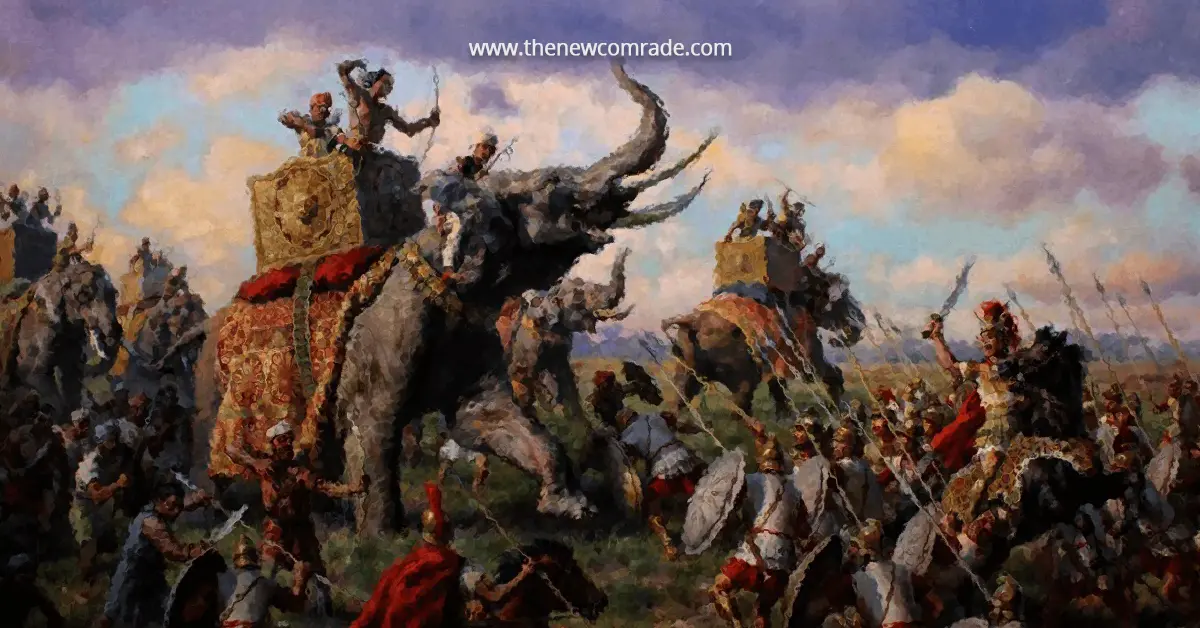Rohit Kumar wrote an open letter to Umar Khalid on August 15. On September 12, he received a response from him:
Dear Rohit,
Thank you for the birthday and Independence Day greetings and thank you for writing to me. I hope you are doing fine. I am glad I was able to read your open letter even within these closed perimeters.
As I sit to write back to you, I can hear the names of all those who are going to be released tonight being announced on the loudspeaker. It is that time of the day, just after sunset, when the “rehaai parchas” – the release orders – reach the jail authorities from the courts. Just as darkness descends and engulfs the jail compound, some prisoners are about to see the light of freedom. I see bliss, absolute bliss on their faces.
For two years now, I have been hearing this announcement every night- “naam note karein, in bandi bhaiyon ki rehaai hai” (note the names, these inmates are being released). And I wait and hope for the day when I would hear my name. I often wonder, how long is this dark tunnel? Is there any light in sight yet? Am I near the end, or am I only midway through? Or has the ordeal just begun?
They say we have entered the amrit kaal of azadi. But the ordeal of those defending freedom makes one feel like we are returning to the days of the Raj. Lately, there has been a lot of talk of doing away with colonial symbols of slavery. This, while several draconian laws reminiscent of the colonial era continue to be weaponised against activists, students, dissidents, and the political opposition. Do people not see any similarity between the Unlawful Activities (Prevention) Act (UAPA) – under which we are languishing in jail – and the Rowlatt Act, which the British used against our freedom fighters? Should we not do away with these penal instruments – a continuing ‘legacy’ of colonial rule – that enable the violation of the people’s rights and liberties? I feel particularly baffled by the fact that many of us, and many others like us, are being detained without trials for extended periods of time without any visibility on when our trials may begin.
On Independence Day, in the evening, I sat outside the prison cell with a few others. We saw kites flying high above our jail compound and reminisced about our childhood 15th August memories. How did we reach here? How much has the country changed?
By employing UAPA, we can be kept in jail for years, without those framing us needing to prove anything. But their inability to prove any of their ludicrous charges against us in a court of law does not stop them from building a narrative against us in this period.
One evening a jail warden started a conversation with me about my case. He said that first when he saw me in jail in 2020 he found it difficult to believe the accusations against me. He thought that it was all politics, and it is only a matter of a few days before I would be released. But now in 2022, as I wait for the day when I will hear my name on that loudspeaker, he has his doubts, “Bail kyu nahi mil rahi tumhe? Kisan aandolan walon ko to mil gayi thi kuch dinon me hi”. (‘Why aren’t you getting bail? The protesting farmers got bail in only a few days.’) I tried to tell him about the UAPA and the test of bail under it as compared to the IPC- but as I was explaining it to him, I realized that I had lost him midway. He was no longer paying attention. Who really is interested in these finer technical details of law. How many people beyond legal experts and the unfortunate victims of this Kafkaesque law, can even understand them?
The burden of calumny
In a post-truth world, perception matters more than reality. In your letter you write glowingly about the impression that I left on you – thank you for your very kind words. You then go on to say that I might be having a similar effect on those I meet and interact with in prison every day, that they might have stopped believing in the lies that they may have heard about me through the media. Well, impressing you was easy, for you always saw through the lies peddled in the media. But warning those who have been waylaid by propaganda away from it is quite difficult, especially when the propaganda is ceaseless.
Over the last two years that I have been jailed, the newspapers (the only source of news here) have intermittently reported on my case. The English newspapers have tried to maintain the pretence of objectivity, but most of the Hindi newspapers – which over 90 percent of the prisoners depend upon for their daily dose of news – have thrown all journalistic ethics to the wind. They are pure poison.
They reported on my bail proceedings very selectively. When my lawyers argued, they mostly did not report our submissions, or if for a change they decided to be too kind to me on some days, they consigned it to a small obscure column on page 5 or 6 and with the most banal headlines. But the public prosecutor’s counters were front-page news, presented in a manner to sound as if those were the court’s observations. And on such occasions, they even dug up some dark photos of mine to complement their sensationalist headlines.
One morning, a newspaper headline in a Hindi daily screamed, “Khalid ne kaha tha bhashan se kaam nahi chalega, khoon bahana padega”. (‘Khalid said speech not enough, blood must flow’) Not only did the main report not substantiate this grand claim made in the headline, but it did not even care to give a perfunctory disclaimer that this is an unproven allegation, yet to be brought to the scrutiny of the court. No quotation mark used, not even a question mark! Two days later, the same newspaper came up with a headline even more sensational than the previous one, “Khalid chahta tha Musalmanon ke liye alag desh”. (‘Khalid wanted a separate country for Muslims’) What they implied was riots in the trans-Yamuna area of the New Delhi, in which most of the killed were Muslims themselves, would lead to the creation of a new country for Muslims, truly tragic-comic. I didn’t know whether to laugh or cry. How do I persuade those who are consuming this poison every day?

On an earlier occasion, another Hindi daily claimed that I have ‘confessed’ to the Delhi police about my involvement and role in the Delhi Riots. I have on record submitted to the court twice that during my police custody, I made no statement to the police, nor did I sign any paper. What then was the source of the ‘news’?
What they are doing cannot be termed as ‘reporting’ by any stretch of imagination. They are cherry picking arguments, even manufacturing outright lies to suit their predetermined narrative. They are trying to paint me as guilty in the court of public opinion. Even before any court of law takes up my case for hearing/trial. And by doing so, they are shaping the majoritarian collective conscience.
Sometimes the lies of the media have far surpassed even the lies of the police. One news report (again in a prominent Hindi daily) claimed that to leave no stone unturned in inciting the riots, I secretly met Sharjeel Imam in Zakir Nagar (New Delhi) on February 16, 2020 – a week before the riots broke out. In reality, on the night of February 16, 2020 – and even the police would attest to this – I was 1136 kms away from Delhi, in Amrawati, Maharastra. And Sharjeel Imam on that night – nobody can dispute this either – was in Tihar jail, as he had been arrested about 20 days earlier in a different case. It seemed that the esteemed journalist who conjured all this up did not care to check even the most basic facts.
But once again, who really is interested in facts and all these details? In India today, truth is no longer what actually transpires, but what reaches the people. More than anything that I tell them, it is these headlines that leave a far deeper impression on people’s minds. Over the last two years, I have observed the almost irrational belief people have in the printed word over, to use your expressions, “evidence of their own eyes”. Must be true since it is in the papers. “Kuch to kiya hoga. Poora jhooth thode likh denge”(‘He must have done something. Surely they wouldn’t publish only lies?’)
That biopic of Sanjay Dutt, ‘Sanju’, has its shortcomings, but it is bang on with its characterisation of the media. It is indeed a drug. Every morning, I see how these sheets of paper numb people’s brains and take them into the world of an alternate reality. When lies are produced at a mass scale on an everyday basis, people even lose the ability to distinguish between falsehood and truth, and once that level is achieved then people don’t even need to be fed with good lies. They can be made to gobble absolutely anything no matter how absurd it is.
How do we fight against this monstrous machine of lies and falsehood? The purveyors of hate and falsehood have so many resources – money, pliant 24×7 news channels, lots of them, troll armies, and the police too. To be honest, Rohit, it makes me feel pessimistic at times. At times I also feel lonely. Lots of people far more privileged than me who were together in this fight against fascism, in the movement against CAA-NRC/NPR, today choose to remain silent when I am singled out for these lies. It makes you feel unwanted. It makes you feel a stranger in your own land. The only thing I find succour in in such moments is the realisation that none of this is personal. That my persecution and isolation is symbolic of something larger – the persecution and isolation of Muslims in India right now.

Finding comfort in silence and solitude
Of late, I have stopped convincing the people around me here of the reality. After all, how many lies should I debunk? And to how many people? It makes me take a step forth and ask is it simply a case of people being misled – waylaid by propaganda? Or do people, deep down, want to believe in these lies because it caters to some of their subconscious prejudices?
Rather than banging my head against a wall, I end up spending most of my time in jail alone. That, in fact, is the major change in me over the last two years, as unsettling as it can sometimes feel. My circumstances have compelled me to find comfort in silence and solitude. I have stopped feeling as claustrophobic upon being locked up in my small cell alone for hours now as compared to my initial days of incarceration. Now, the sight and sound of people and traffic during my visits to court make me irritable and anxious. Far from the madding crowd, the tranquility of jail is starting to become my usual. I wonder, am I getting used to captivity?
Recently, I read a memoir written by a person who had spent over 14 years in jail on trumped-up charges. In his book, after describing the time spent in jail, he goes on to write about the difficulties he faced in returning back to a ‘normal life’. For years, he had wanted to be free, but when he was finally free, he did not know, or had forgotten, what to do with freedom. For years, he had longed to meet his friends, but after his release he spent most of his time alone at his home avoiding people and crowded places. I often wonder, Rohit, how long would I take to return to normalcy?
But for all its hardships, jail has also led to several “positive” changes in my life. I have quit smoking. For two years I have lived without a mobile phone, which means I am over that other drug too – social media. I came here with the concentration span of a tweet, but now I read several novels every month. And finally, after several years of trying, my sleep cycle is back in place (my mother would be glad to hear this). Rather than going off to sleep at daybreak, I now wake up with the sun. Mornings could be called lovely.
I thought it is important to list these out while closing this letter, given the increasing number of political prisoners across jails in the country. All those people who are, at great risk to themselves, continuing the fight for democracy and secularism, for truth and justice should stop worrying about jail. Jail might help you get over some of your vices. It might even make you calm, patient and self-sufficient – as it has done to me.
Finally, I should mention that I am aware of your work as a counselor with prisoners. Two months back I read your book, Christmas in Tihar and Other Stories. What a sweet little book you have penned. Stories are something that there is no dearth of in this dungeon. Stories of all kinds – of struggle and perseverance, of longing and endless wait, stories of poverty and heart-wrenching injustices, stories of the human quest for freedom as well as very dark stories of human wickedness. I hope I can share them with you over coffee soon, as a free man.
Till then take care and keep writing.
Yours,
Umar Khalid
(On September 13, 2022, Khalid will have spent two years in Tihar Jail under the Unlawful Activities (Prevention) Act, accused by the Delhi Police of involvement in 2020 Delhi Riot. His trial has yet to commence)
Republished from The Wire
